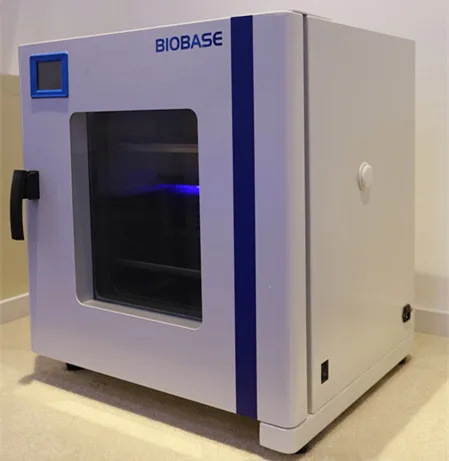

If an egg is not turned enough, the yolk may stick to the shell which will cause the embryo to die. It's important to ensure your hands are clean to avoid getting dirt or oils on the shell which can inhibit the exchange of essential gases (see "Dirty or contaminated eggs" above). As you incubate eggs, you must replicate this by either using an automatic egg turner or by turning the eggs by hand. Poor egg turning: In nature, a mother bird will turn her eggs many times a day.And sometimes you'll be pleasantly surprised. You must assume your hatch rate is going to be lower. It's risky, but that doesn't mean you can't be successful with mail-order eggs. Sometimes the post office is gentle and nice. Mis-handled eggs: This is particularly a risk with mail-order eggs.A wet towel can remove the protective coating on the egg which helps keep out harmful bacteria. Make sure your eggs are clean, but do not wash with water, use a dry towel or rag. The second issue is that it could introduce bacteria into the incubator which can permeate through the shell and grow in the protein-rich environment inside the shell. If it is too dirty, the exchange cannot happen, and the developing embryo will suffocate and die. Just like the placenta in a mother's womb allows for the exchange of these two gases, the chick's shell does the same thing. First, the dirt or muck on the egg keeps oxygen from entering the egg and carbon dioxide from leaving the eggs. Dirty or contaminated eggs: There are two problems with dirty eggs.Please see the next section (our 2nd most difficult question) below for details regarding this issue. The problem comes when the variation is too large. Too much temperature variation: Some variation in your incubator is very normal and acceptable.This is most common where there is a power outage for a time.

If the temperature stays there for an extended period, then it will likely kill the eggs. See the section below regarding the temperature change inside the egg itself. If there is a one-time temperature spike, let's say it goes up to about 104 or 105 and it is only there for a few minutes, then your eggs will probably be just fine. Temperature spikes or valleys: This has to do with occasional drastic changes in temperature.No matter what your thermometer tells you, if your eggs hatch early or late, adjust your thermostat settings accordingly. If you are a degree or two too low, your eggs will hatch late and with a reduced hatch rate. One common deformity is an extra toe or two. If you are a degree or two too high, your eggs will hatch early, often with a reduced hatch-rate and sometimes with physical deformities. But if you must choose, being a little low is better than being a little high. Improper temperature level could mean the temperature is too high or too low. Improper temperature levels or humidity levels: These next few items are related but a bit different.That is why candling your eggs after the first week is a good idea so you can remove those that are not developing. There is a reason why they call it "the birds and the bees." But even with the male's best efforts, not every egg gets fertilized. Fertilization: If your flock has a strong, mature male, they normally do a pretty good job doing what they are supposed to do.But even with a strong hen, some eggs just aren't strong and healthy enough to grow into a healthy chick. This increases the likelihood that the eggs will be strong. Egg quality: The hen's health can have a big impact on this.Let's look at each one and see what we can learn.

Some of these factors are egg quality, fertilization, improper temperature levels or humidity levels, dirty or contaminated eggs, mis-handled eggs, temperature spikes or valleys, too much temperature variation, poor egg turning, eggs are too old, or not enough fresh air. The main reason why this is such a difficult question to answer is because there are many factors that affect the results of your incubation efforts. The most difficult question we sometimes get is this: Why didn't my eggs hatch? Specially designed for uniform temperature distribution and minimal sample contamination caused by external air intrusion.Let's take a look at some of the tougher questions. Versatile air-jacketed natural convection incubators.


 0 kommentar(er)
0 kommentar(er)
